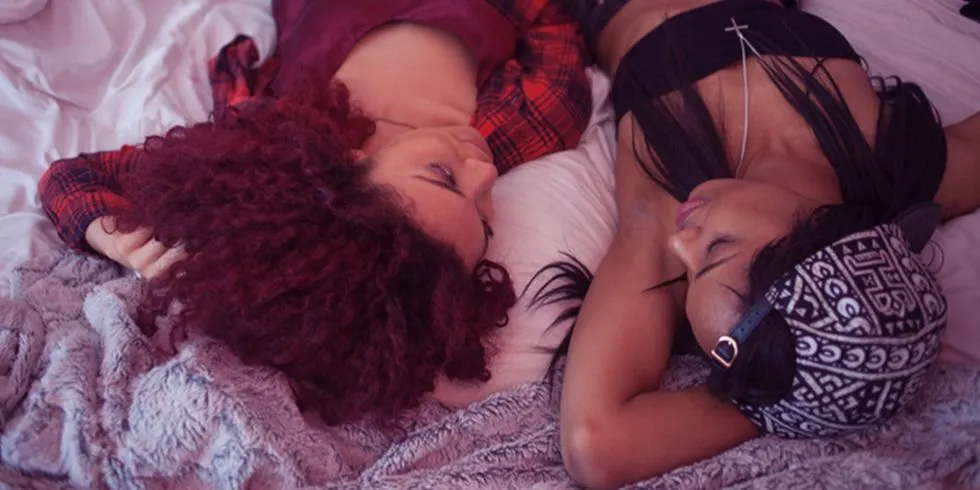Why Autistic People Experience Intimacy and Sex in a Different Way
In recent years, the subject of autism and sexuality has become the focus of research from gaining an overview of sexual experiences among autistic people to issues that surround victimisation of autistic people.
Little research has been conducted into the sensory experience of sex among people living with autism. Studies show that sensory issues have a vital impact on several people living with autism.
Sensory differences include hypersensitivity where people experience taste, noise, visuals, smell and touch more than most people and hyposensitivity where people experience little response to sensory triggers and have a huge impact on how people living with autism process their world.
Hypersensitivity can mean that sensory triggers are painful, unpleasant and unbearable and may also lead to disturbing experiences and hyposensitivity can also lead to sensory-seeking behaviours.
Here are ways in which autistic people’s sensory experience impacts their sexual experience and their relationship experiences as well as their sense of self.
Page Contents
Intense Response to Affectionate Touching

Couples connect physically in a number of ways including kissing, hugging, stroking and holding hands. These non-sexual ways of physical touching are mostly linked to a high level of relationship satisfaction. However, people living with autism experience an unpleasant response to physical touch.
Negative Sexual Experiences
A 2021 exploratory study found that there were more similarities in how autistic people approach romantic relationships. In the study, autistic people had fewer sexual experiences while half of the females were reported to have negative experiences with sex. Autistic participants reported a feeling of having less knowledge about sexuality and found it difficult to understand their sexual education.
Communicating About Sex
Autism affects how one communicates about sexual desires and wants. One of the partners may not realize that the other is not fulfilled sexually if they don’t communicate clearly about it.
Leslie Sickels a neurodiverse couple’s therapist from New York City explains, “Without a firm understanding of how neurodevelopmental differences are coming up in a partnership, couples can sometimes believe their partners do not have the best intentions for them or the relationship,”
Seeking Out Sensory Experiences
People with hyposensitivity require higher levels of sexual stimulation than other people and might become aroused leading to a higher frequency of sexual behaviours.
They may also develop an interest in situations or activities that are mostly considered more unusual. Some clients report having little sexual interest in their intimate partners whilst having a high sexual drive that’s satisfied in other ways.
 1009
1009

